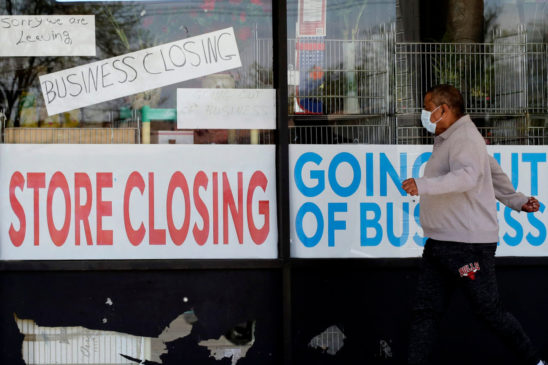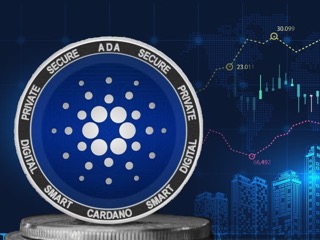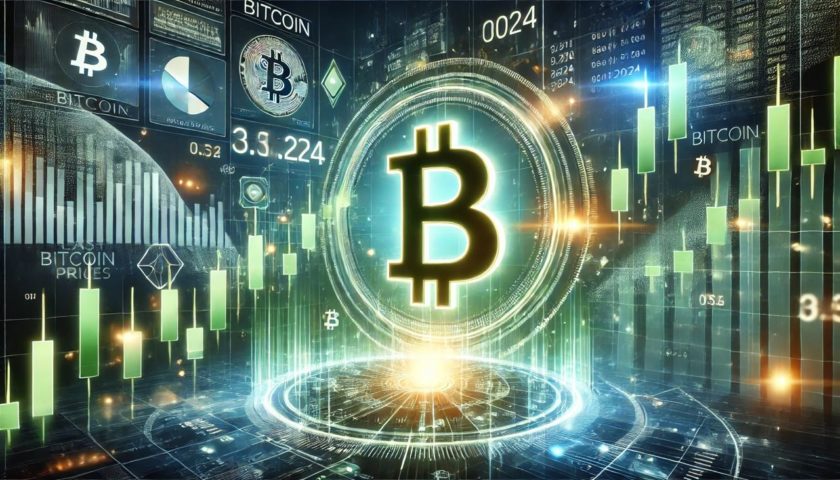- Better-than-expected jobs numbers and signs of economic recovery are leading some to declare the worst is over.
- We’re still far from normal—and economic data still show we’re worse off than the Great Depression in many areas.
- Here’s why the recession may just be getting started.
Wall Street loves setting expectations at levels that are easy to beat. It’s part of the game. That game has now extended to economic data as we battle a recession.
Wall Street built up expectations for over 8 million job losses in May. When the numbers came in at 2.8 million, it was another excuse for the market to shoot higher.
But 2.8 million jobs were still lost. During a typical recession, that would still be a huge negative. In today’s Topsy-turvy world where bad news means more government and central bank support, it’s spun as a positive.
And it’s enough to ensure that joblessness clears 20%. That’s a level on par with the Great Depression–and double the unemployment rate during the Great Recession.
The data could be even worse, given the numbers of furloughed workers, and those struggling to file for unemployment on strained state-run systems.
An End to the Recession? Economists Say So
As jobs are officially being lost at a slower rate, some see a reason to cheer. Moody’s Analytics economist Mark Zandi has declared the recession over.
Why? He sees job creation exceeding job losses going forward.
Zandi notes that doesn’t mean a return to full employment anytime soon, say within the next year.
But with continuing jobless claims appearing to have peaked early in May, things should start looking better. That means the economy is improving as well.
And that’s a typical view from an economist. As things start to get better from numbers exceeding the pain of the Great Depression, we’ll technically be in an expanding economy.
In the real world, even recovering half the jobless by the end of the year still leaves us with double-digit unemployment. That’s hardly a reason to cheer, even if the recession has technically ended. A complete recovery will take years if it ever happens.
We saw this play out in 2009, as many economists cheered the so-called “green shoots” of emerging growth. But the economy didn’t fully recover from the housing crisis until at least 2012.
While the stock market, juiced by the Federal Reserve, also paints a rosy picture, many Americans have been left on the sidelines.
Why Jobs (and Stocks) May Get Worse—Not Better
As lockdowns are ending, the consensus is that the job market will quickly recover. Yet so much damage has been done that surging corporate bankruptcies could create a massive headwind to employment recovery.
If anything, the jobs numbers could still get worse. So may the stock market if jobs are harder to come by.
The initial crash of 1929 led to a significant relief rally in 1930, before a long, slow ride to the eventual bottom.
In the housing recession, the market peaked in 2007. It then saw several sharp rallies along the way before the final meltdown and capitulation in 2008 and early 2009.
Much like how the start of the Great Depression started with a market meltdown before a relatively quick return to greed, the job market will likely take longer to recover than the optimists project.
In short, while some are declaring an end to the recession, it just may be getting started.
Disclaimer: This article represents the author’s opinion and should not be considered investment or trading advice from CCN.com.
This article was edited by Sam Bourgi.




